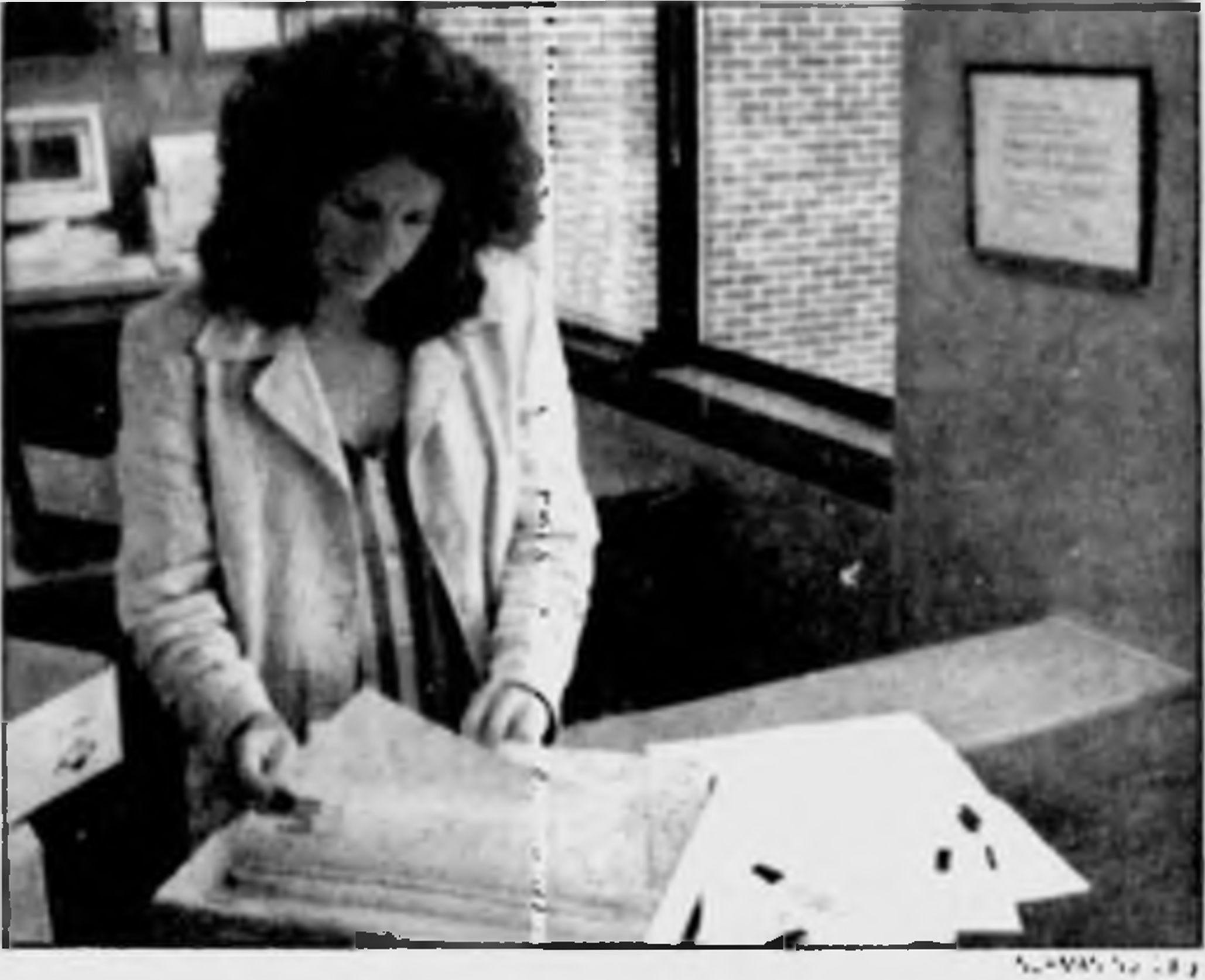Laura Deneau
Daily Staff Reporter
Kaczynski letters available to view

Letters concerning polar bears, trigonometry, government policies, society, technology, the Montana wilderness, the media and diet regimen, as well as drafts, briefs and pamphlets addressed to Ted Kaczynski are now available to the public at the Labadie Special Collections in the Harlan Hatcher Graduate Library.
The letters, which Julie Herrada, curator of the Labadie Collections, has been processing since October, and collecting since 1997, are an overflow of the cultural tensions and perspectives on contemporary issues held by many Americans, which are relevantly applicable to many areas of research at the University.
“The papers pertain to studies in American culture, history, political science and many other disciplines,” Herrada said.
Kaczynski, otherwise known as the Unabomber, was accused of killing three people and injuring 22 others in 16 bombings between 1978 and 1995.
His disregard for social norms has prompted more support for his frustrated outlashing than contempt, which is seen in the letters. The nature of his support is of great interest for many University researchers.
“He is a person who has put into words what a lot of other people were thinking.” said Peggy Daub, head of the Special Collections Library. “People in the future wouldn’t just be studying him as a person but what people as a society were thinking of technology at the time”
Kaczynski asserted in his infamous manifesto. published by the Washington Post months before his arrest in 1995. that in order to combat the techno-industrial system robbing people of their humanity, bombing and other equally desperate campaigns are justified.
Herrada had to convince Kaczynski through her own correspondence that the Labadie collection would be the best home for his documents. Kaczynski’s decision to provide the University with his materials was not connected to his status as an alumnus of the Rackham School of Graduate Studies where he received a Ph D. in mathematics.
“Our mission is to provide information for research, not to spark controversy, but to preserve a piece of history” Herrada said.
Attempts to preserve the negative aspects and evils of history are controversial. especially when the materials preserved and the figures studied are contemporary and directly affect the lives of people still living.
The names of people who wrote to Kazcynski and original documents will not be available until 2049 For now. photocopies are used in order to create distance
“There is a lot of sensitivity about the acts that he (Kaczynski) is accused of committing.” Herrada said.
This sensitivity has recently been heightened by the fact that Kaczynski, who pleaded guilty in 1998 to avoid a trial and the defense of insanity, has asked the court to set aside his plea of guilt, which culminated in a life sentence. while seeking a retrial.
President Bollinger recognized this fact in an interview last October when the papers were first being processed.
“People study deviant anti-social behavior and it is important for us as a society to study works of evil?” Bollinger said. “The main question is whether this material is relevant to scholarly research and the answer is clearly yes.”
Besides reflecting social unrest, the letters are also a strong indication of the emotional state of many people in our society. One woman, who writes Kaczynski daily, tells of the stress at her job as a computer programmer, about her need to lose weight and her distrust of the government. Young scholars write to Kazcynski asking him to suggest reading materials and write college recommendations.
